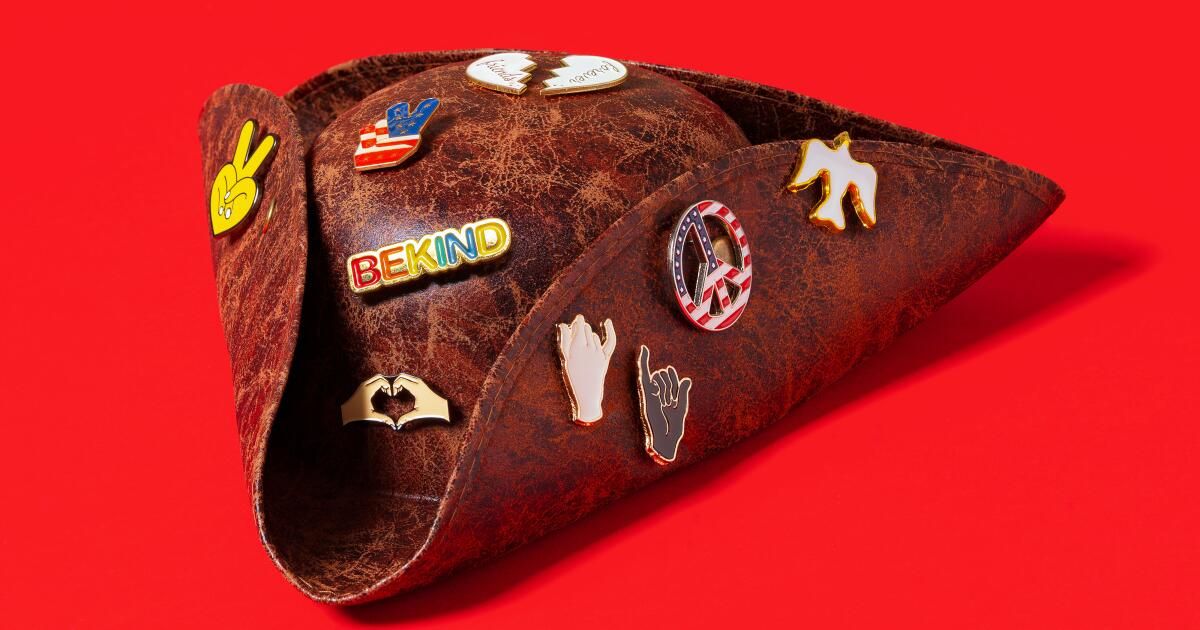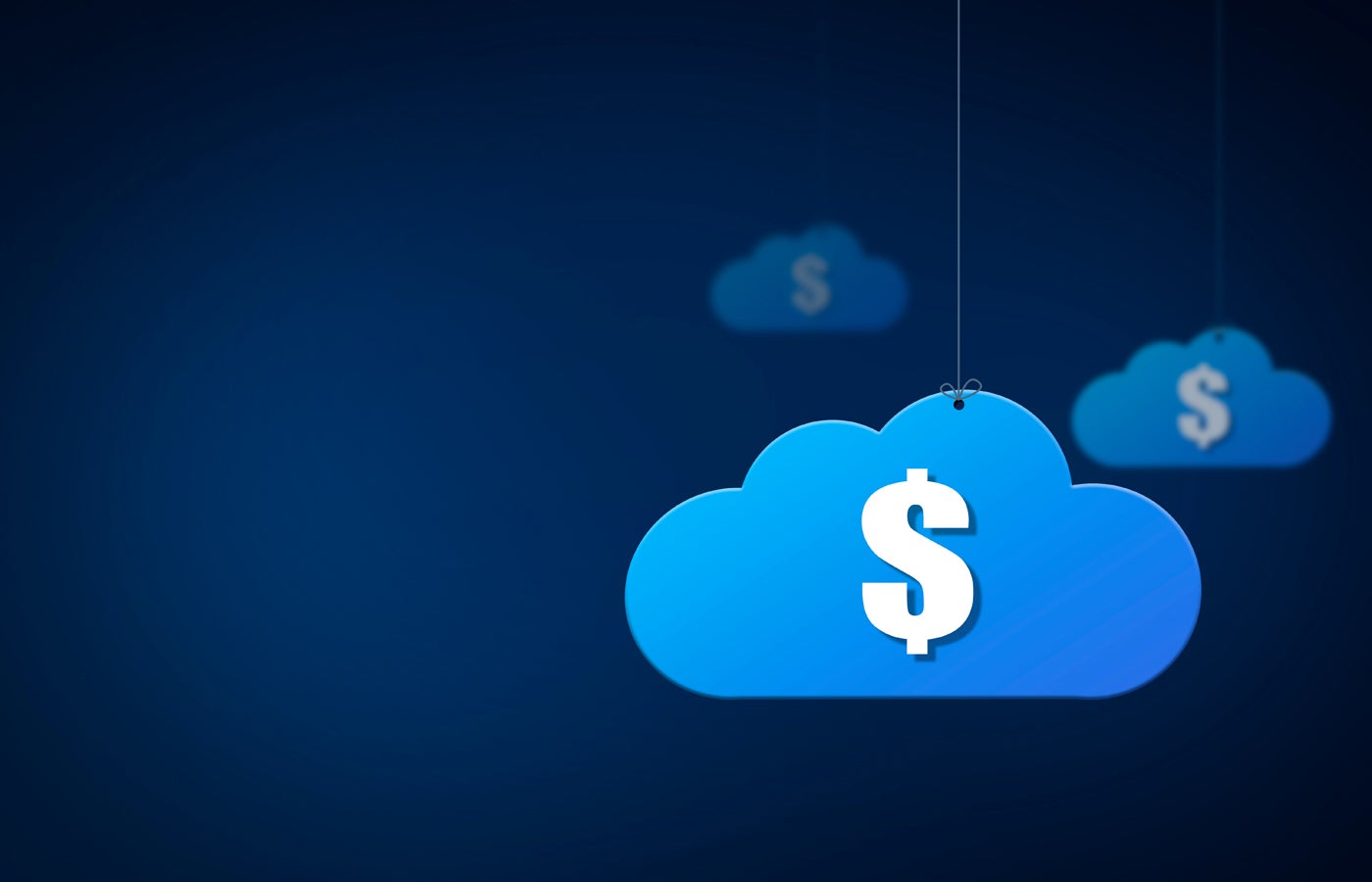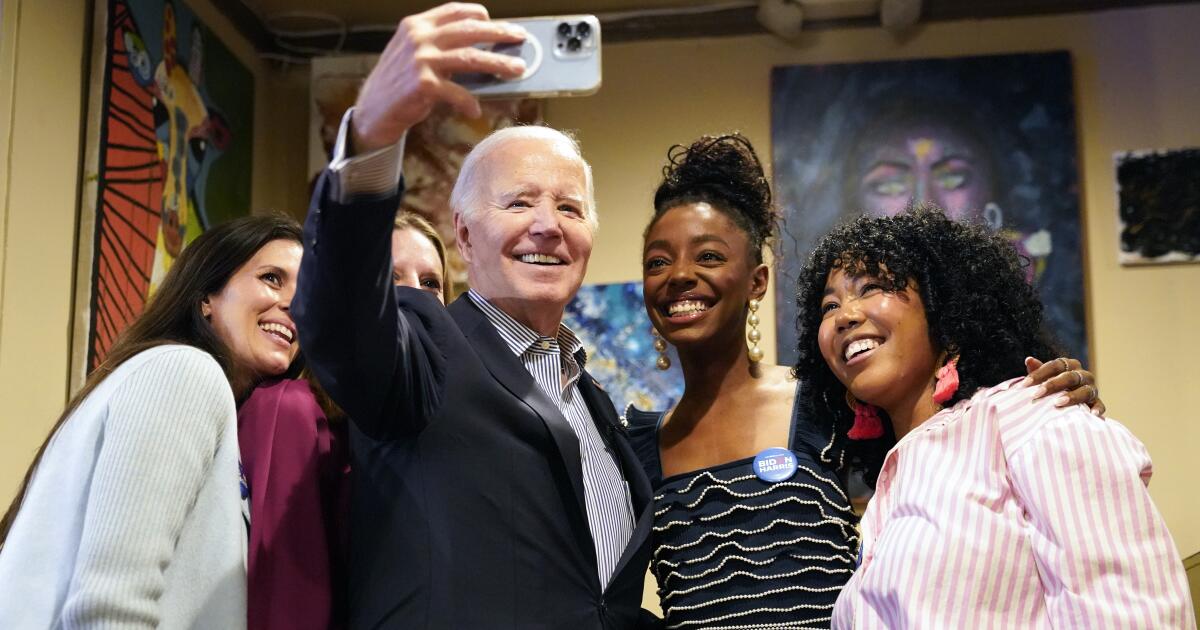In this age of partisan rancor, when political rivals often describe one another as enemies, we easily forget that Americans once felt a revolutionary pride in being friends.
People have always had friendly feelings toward certain people, but the modern concept of friendship was unknown in the colonial past. Whereas today friends tend to be peers and equals, the world before 1776 was based on coercive inequalities. Parents and masters told their wives, children, servants, and slaves what to do. Tenants cowered before landlords. The crown tried to boss the colonies around.
In British politics, in fact, a friend was not someone you liked, but a… ally At court or in parliament, a tool for the small minority that mattered. For everyone else, there were only superiors and inferiors, neighbours and relatives.
The United States was fortunate to gain independence during the Enlightenment, when people dared to imagine what the philosopher Joseph Priestley called “a totally new, wonderful and important era” of equality and friendship.
By freeing ourselves from the “dark and servileIn the past, declared the revolutionary Thomas Paine in his famous 1776 pamphlet “Common Sense,” Americans would “carry our friendship” to strangers and foreigners. He considered this friendly attitude toward the world to be distinctively American, though neither he nor most Americans thought to include Africans and Native Americans in their expanding circles of friendship, among other inequalities of the time.
No longer subjects of the British Empire, Americans trumpeted their democratic form of union. As Thomas Jefferson, the newly elected president, insisted in 1801, Americans were not members of one political faction or another, nor of different ranks in society. They were simply “fellow citizens,” civic equals who were free to form genuine friendships with one another.
In the same spirit, early American leaders often described U.S. foreign policy as seeking friendship (not hostility, but not dependence either) with other nations. And while colonial leaders called themselves “fathers of the people,” early Republican candidates claimed to be “friends of the people.”
More than an ideal or a political slogan, friendship was an apt descriptor of the new social relations that were emerging in the United States.
The country’s earliest friendships could be emotionally intense. In 1804, a Virginian wrote that his “beloved” friend eased his sorrows and bathed the world in a “soft and affable light.” Many women of the era described their same-sex friendships as more satisfying than their marriages—even husbands and wives like John and Abigail Adams, who sought a more affectionate kind of marriage, now referred to their spouses as their “dearest friends.”
Post-Revolutionary Americans moved more frequently and farther from their birthplaces than previous generations, meeting many strangers and making new friends. Diaries and letters from this period are replete with references to traveling companions, classmates, members of Masonic lodges, and other peer groups who “encouraged” and befriended those far from home.
Then, as now, most friends were of the same age, wealth, and status, but because equality was such an important principle in early national life, kindness spread widely throughout the culture, easing relations between rich and poor, between country people and city people, between locals and strangers.
Accustomed to the cold tensions between haughty aristocrats and surly servants, European visitors were amazed by the warmth and frankness with which Americans from different walks of life treated one another.
For example, in the United States, farm owners and farm workers ate at the same table and often talked politics while breaking bread. “If a man is good enough to work for me,” an Ohio saying went, “he is good enough to eat with me.” And by the mid-19th century, Americans no longer bowed or tipped their hats, as their grandparents had done. They shook hands, a simple but radical expression of mutual respect and basic goodwill.
No wonder Abraham Lincoln turned to the ideal of friendship when dark clouds were gathering between the North and the South. “We are not enemies, but friends,” he declared in his first inaugural address in March 1861. “We must not be enemies.”
Of course, his request was not enough. The Americans became enemies the following month and for the next four years they killed and hated each other on a horrifying scale.
But to focus on this fact is to treat history as a one-dimensional catalogue of things that happened. The deeper purpose of studying the past is to gain perspective on everything that could have happened and thereby understand why events unfolded as they did and when they did.
Just as the American way of friendship had helped keep the country together. until 1861 also allowed the United States to leave behind, albeit painfully, the horrors of the Civil War and become, albeit unevenly, a larger and more inclusive democracy.
We must not forget this useful past, especially in times like ours that feel so angry and divided. We must start from the premise that we can get along, as previous generations did, and remember that most Americans, most of the time, wish well for others.
We are not enemies, but friends. We must not be enemies.
Jason Opal is an American professor of history at McGill University. in CanadaIn August, he will join Ohio State University as dean and director of its Mansfield campus.












